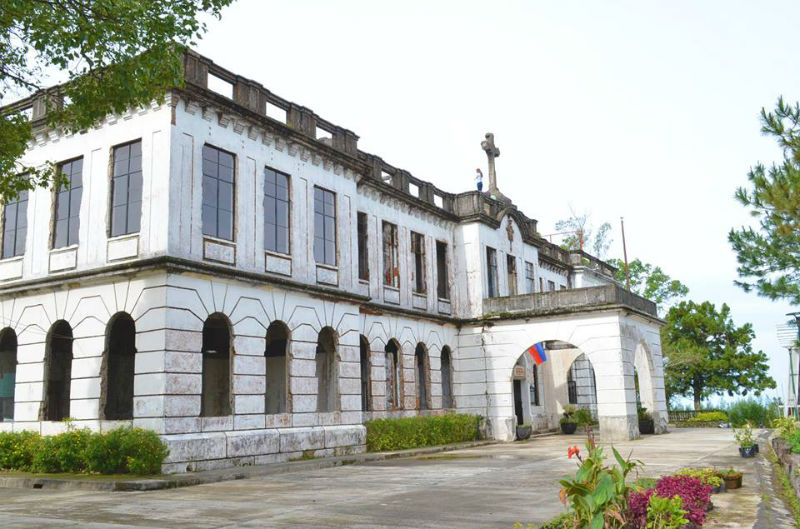BAGUIO CITY – Heritage preservation is not in conflict with resource generation, University of the Philippines College Baguio (UPCB) Chancellor Dr. Raymundo Rovillos said here recently.
Rovillos, one of the founders of the Baguio Arts and Creative Collection, Inc. (BACCI), said that what is important is for the stakeholders to be allowed to provide the necessary inputs on the adoptive re-use of heritage sites to generate sufficient resources for the maintenance and operation of the said areas.
He underscored there are numerous heritage sites in different cities around the world that serve their purpose of heritage sites as well as resource-generation endeavour of governments and private entities that embraced the adoptive re-use of the said established destinations benefitting the establishment of creative tourism and creative economy.
“There is no actual conflict between resource generation and heritage preservation because we also need resources to help in preserving our heritage sites. However, it is important to emphasize that what should be practiced is adoptive re-use of the facility so as not to significantly affect its aesthetics and structural integrity,” Dr. Rovillos stressed.
The UP chancellor disclosed there are various hotels, restaurants, cafeterias and other similar establishments in the different parts of the world which are declared heritage sites but one of their major components is the presence of art museums within the establishments that serve as a source of vital information related to the rich history of the heritage sites.
According to him, in the case of the Dominican Hill and Retreat House which is one of the identified creative hubs in the city, much can be done about its possible development that could add up to the existing tourist destinations in the city, especially the added title of Baguio City as one of the designated cities in the world in the elite list of the Creative cities Network under the hospices of the United Nations Educational, Scientific and Cultural Organization (UNESCO).
The Dominican Hill and Retreat House is part of the 3.2-hectare area ceded by the Presidential Management Staff (PMS) to the local government for its possible development as one of the premier ecotourist destinations in the city that can add up to established nature destinations in the various areas in the city.
Dr. Rovillos underscored it is important for the stakeholders to involve the creativity of the artists and artisans in the city in looking for the appropriate type of development to be introduced in the property to increase activities that translate to its preservation and protection as a heritage site and the generation of sufficient resources for its maintenance and operation.
He claimed that once that the area is subjected to adoptive re-use, the attached creative economy will surely thrive where artists and artisans could use as a convergence area for their short, medium and long-term program of activities in helping sustain Baguio City’s identity as the first creative city in the country to be part of the Creative Cities Network in crafts and folk arts.
By Dexter A. See
Banner photo by: JOSEPH B. MANZANO













